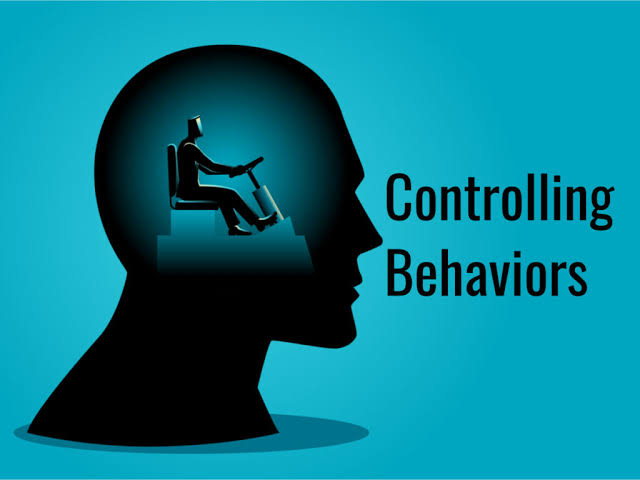Controlling oneself, also known as self-control or self-discipline, is a valuable skill that can help you achieve personal and professional success. Here are some strategies to help you enhance self-control

1.Set Clear Goals: Define what you want to achieve and set specific, measurable, achievable, relevant, and time-bound (SMART) goals. Clarity about your objectives will help you stay focused and make it easier to exercise self-control.
2.Prioritize and Manage Time: Create a schedule or to-do list that outlines your tasks and priorities. Allocate time for important activities and avoid time-wasting activities or distractions. Practicing effective time management can enhance self-control by reducing procrastination and increasing productivity.
3.Practice Mindfulness: Cultivate mindfulness through techniques like meditation or deep breathing exercises. Mindfulness helps increase self-awareness and allows you to observe your thoughts, emotions, and impulses without being controlled by them. This self-awareness can help you exercise better self-control in challenging situations

4.Develop Healthy Habits: Establishing positive habits and routines can make it easier to exercise self-control. For example, regular exercise, proper nutrition, and sufficient sleep contribute to overall well-being and can improve your ability to control impulses and make better decisions
5.Avoid Temptations and Triggers: Identify situations, environments, or triggers that may lead to impulsive behavior or distract you from your goals. Minimize your exposure to such temptations whenever possible, and develop strategies to handle them when they arise. This might involve avoiding certain environments, finding alternative activities, or seeking support from others.

6.Break Tasks into Manageable Steps: Large tasks or goals can be overwhelming and may lead to a lack of self-control. Break them down into smaller, more manageable steps, and focus on one step at a time. Celebrate your progress along the way, as small victories can boost motivation and self-control.
7.Practice Delayed Gratification: Train yourself to resist immediate gratification in favor of long-term rewards. This can be achieved by setting small goals that require delayed gratification and gradually increasing the time span. For example, instead of indulging in instant distractions, delay them until you’ve completed a task or reached a milestone.

8.Seek Support and Accountability: Surround yourself with supportive individuals who share similar goals or values. Communicate your intentions to them and ask for their support and accountability. Sharing your journey with others can help you stay motivated and strengthen your self-control.
Remember, self-control is a skill that requires practice and perseverance. Be patient with yourself, and don’t be discouraged by occasional setbacks. With time and consistent effort, you can enhance your self-control and achieve the outcomes you desire.
